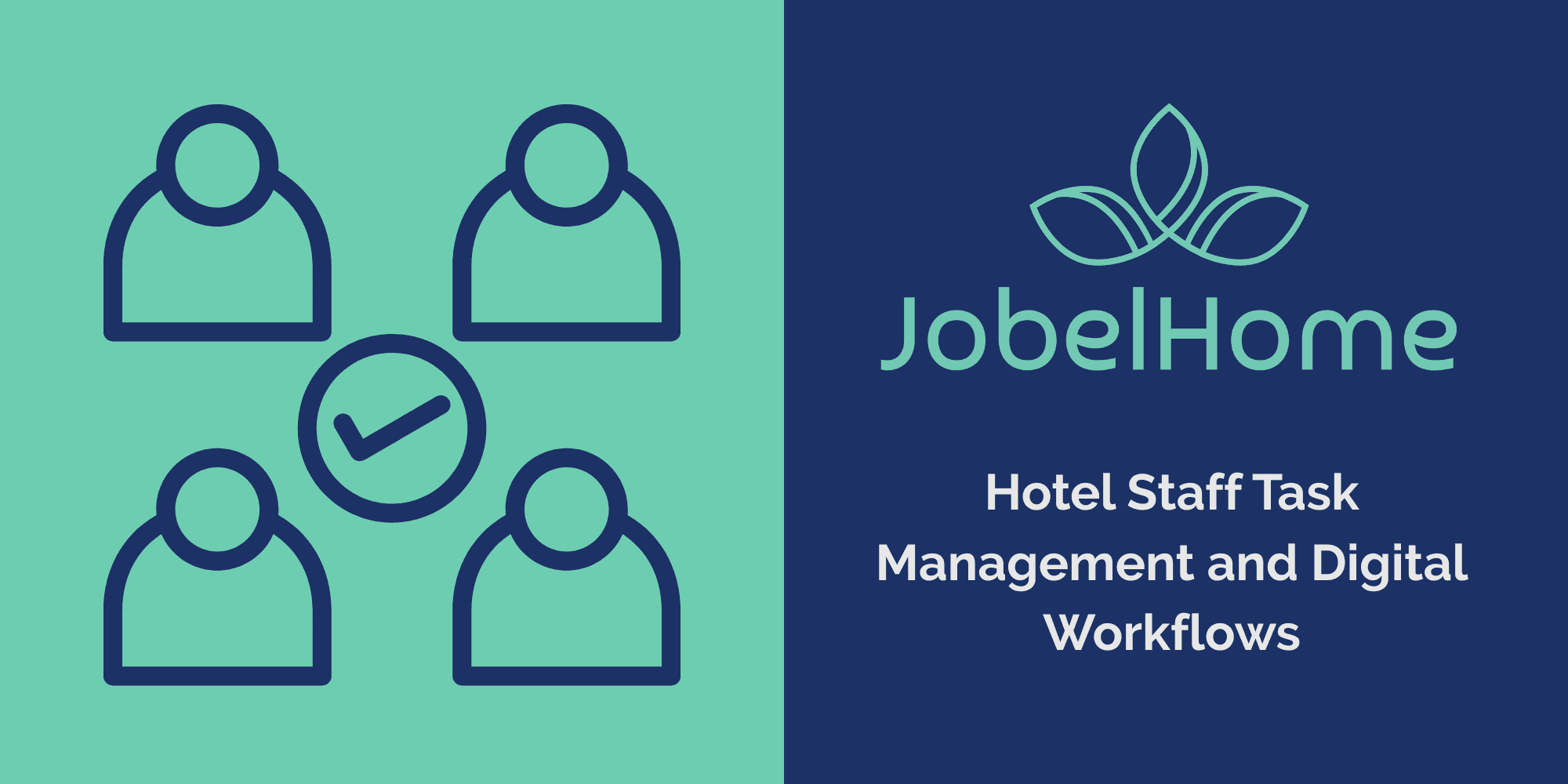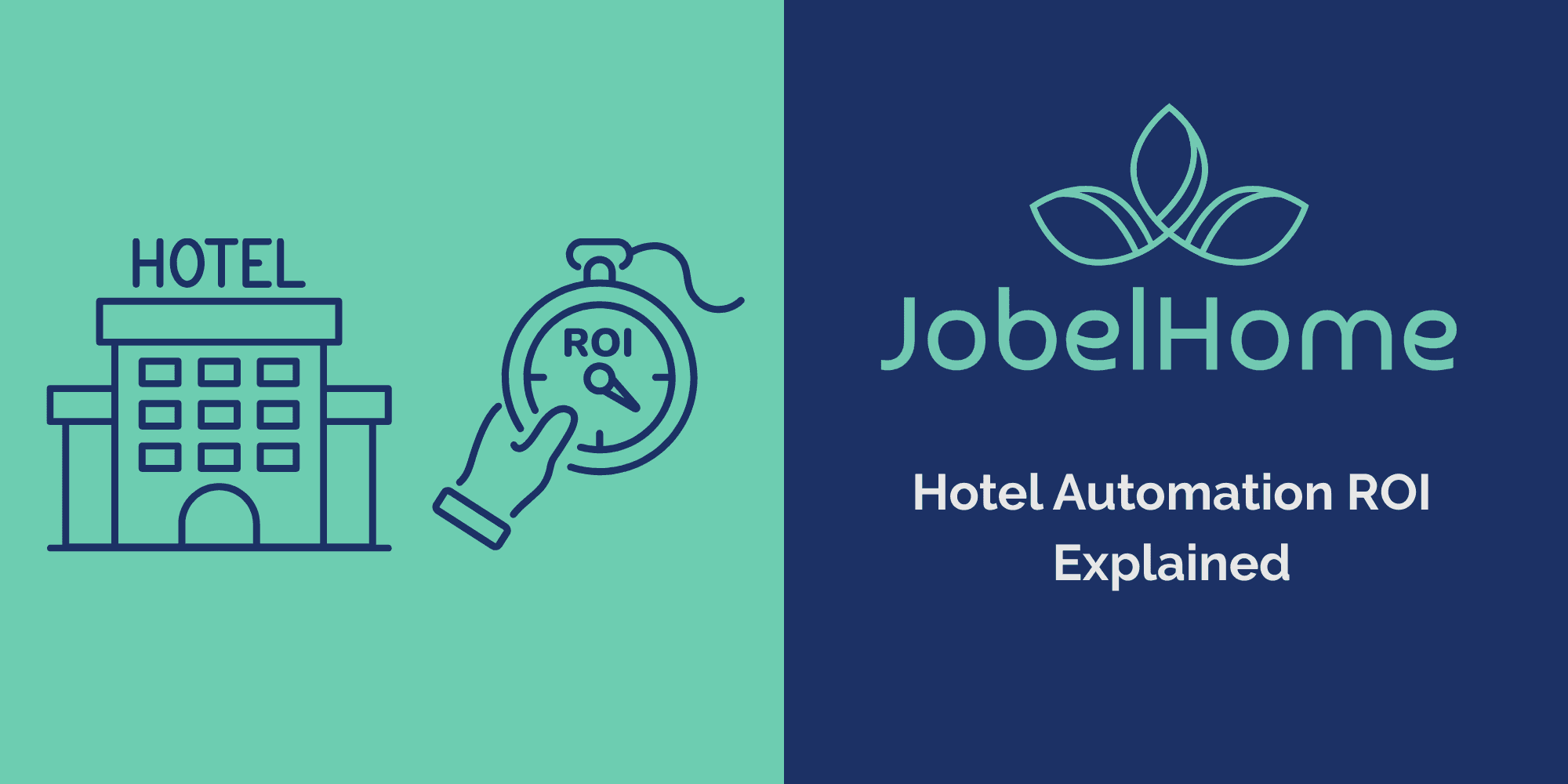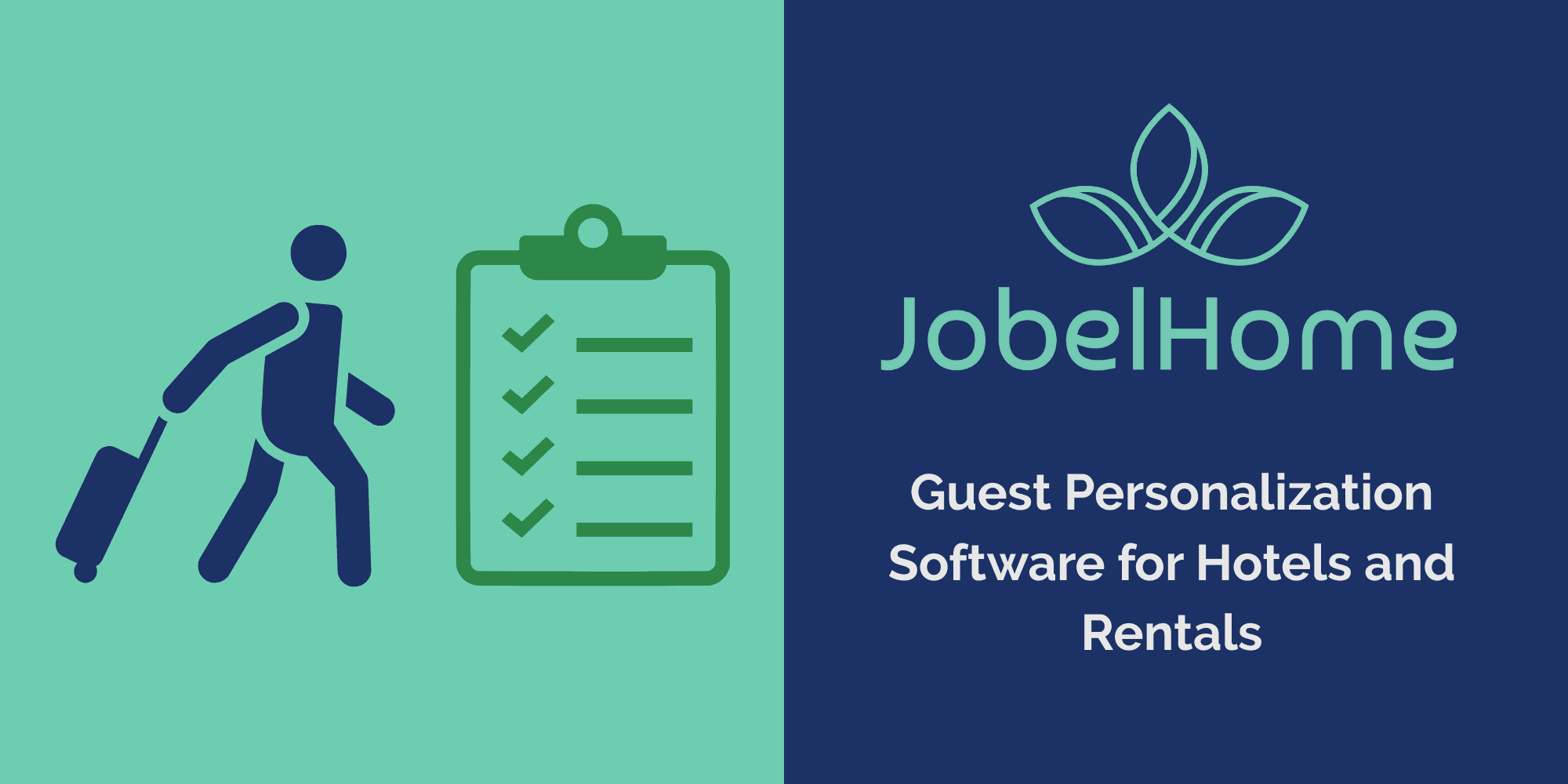June 10, 2025
Energy-Saving Tips for Rental Property Owners Using Smart Tech
Smart Technologies to Enhance Energy Efficiency Integrating smart technology into rental properties offers a modern approach to energy management. Below are key smart devices that can lead to substantial energy savings: 1. Smart Thermostats Smart thermostats allow...
Smarthome
Smart Technologies to Enhance Energy Efficiency
Integrating smart technology into rental properties offers a modern approach to energy management. Below are key smart devices that can lead to substantial energy savings:
1. Smart Thermostats
Smart thermostats allow precise control over heating and cooling systems, learning user habits to optimize temperature settings automatically. Benefits include:
Remote Management: Landlords and tenants can adjust temperatures remotely via smartphone apps, ensuring energy isn’t wasted when the property is unoccupied.
Energy Consumption Insights: These devices provide detailed reports on energy usage, helping identify patterns and opportunities for savings.
Implementing smart thermostats can lead to significant energy savings, making them a worthwhile investment for rental properties.
2. Smart Lighting
Upgrading to smart lighting systems enhances energy efficiency through:
LED Bulbs: Smart LED bulbs consume less energy and have longer lifespans compared to traditional incandescent bulbs.
Automation: Features like motion sensors and scheduling ensure lights are only on when necessary, reducing unnecessary energy consumption.
Remote Control: Both landlords and tenants can control lighting remotely, adding convenience and ensuring lights aren’t left on unintentionally.
Smart lighting not only reduces energy usage but also adds a modern touch to the property, appealing to tech-savvy tenants.
3. Smart Plugs
Smart plugs transform ordinary appliances into smart devices, offering:
Energy Monitoring: Track the energy consumption of connected devices to identify high-usage appliances.
Automation: Schedule devices to turn off during peak energy times or when not in use, preventing “phantom loads” that consume energy even when appliances are off.
Remote Access: Control appliances remotely, ensuring they are turned off when the property is vacant.
By managing energy usage at the outlet level, smart plugs provide granular control over energy consumption.
4. Smart Appliances
Investing in smart appliances, such as refrigerators, washing machines, and dishwashers, can lead to:
Efficiency: Smart appliances often operate more efficiently, using less water and energy.
User-Friendly Features: Features like delayed start times allow appliances to run during off-peak hours, reducing energy costs.
Maintenance Alerts: Receive notifications about maintenance needs, ensuring appliances run optimally and prolonging their lifespan.
Equipping rental properties with smart appliances can enhance tenant satisfaction and contribute to overall energy savings.
5. Smart Water Leak Detectors
Water leaks can lead to significant property damage and increased utility bills. Smart water leak detectors offer:
Early Detection: Sensors alert property owners to leaks before they cause substantial damage.
Automatic Shutoff: Some systems can automatically shut off the water supply when a leak is detected, preventing extensive damage.
Remote Monitoring: Monitor moisture levels and receive alerts remotely, allowing for prompt action.
Implementing smart water leak detectors protects the property and conserves water, contributing to sustainability efforts.
6. Smart Security Systems
Enhancing security with smart technology can indirectly improve energy efficiency:
Smart Locks: Allow remote locking and unlocking, reducing the need for physical keys and enhancing tenant safety.
Surveillance Cameras: Monitor properties remotely, deterring unauthorized access and potential energy misuse.
Integration: Combine security systems with other smart devices to create comprehensive automation, such as turning off lights when the security system is armed.
A secure property is more attractive to tenants and can prevent energy waste associated with unauthorized usage.
Implementing Smart Technology: Considerations for Landlords
Before integrating smart technology into rental properties, landlords should consider the following:
Tenant Privacy: Ensure that smart devices, especially those with monitoring capabilities, do not infringe on tenant privacy. Obtain consent where necessary and provide clear guidelines on device usage.
Initial Investment: While smart devices can lead to long-term savings, they require upfront investment. Evaluate the cost-benefit ratio to determine the most impactful upgrades.
Compatibility: Choose devices compatible with existing property systems to ensure seamless integration and functionality.






